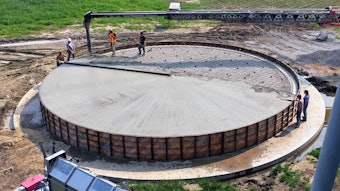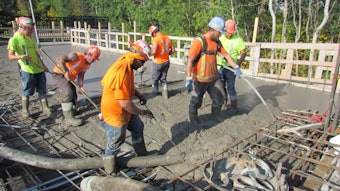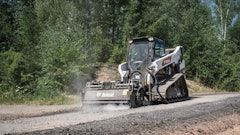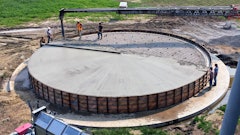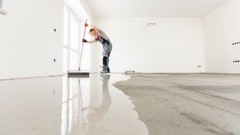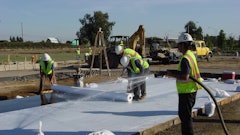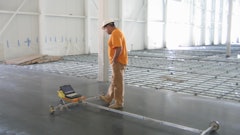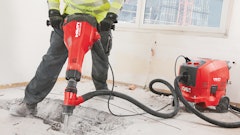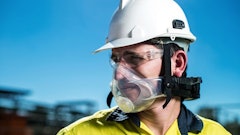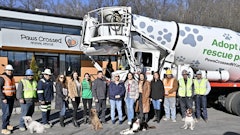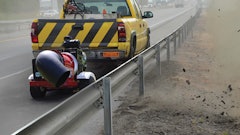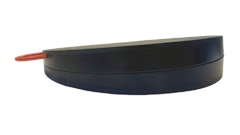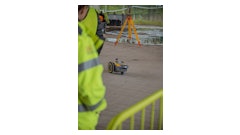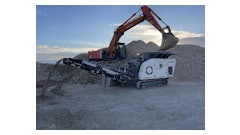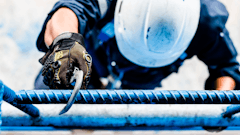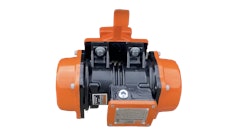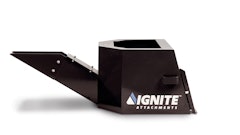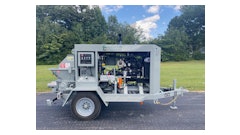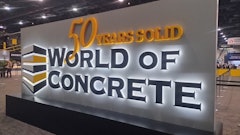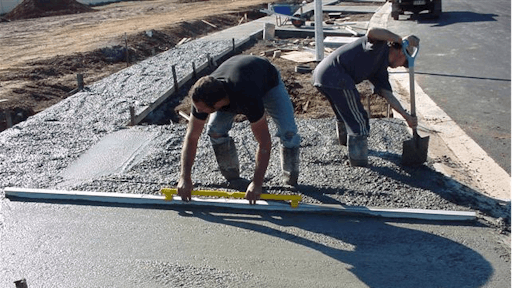
No matter how many times you've set out to tackle a concrete job, big or small, there are specific regulation tools that you can turn to time and again to help you complete the task. But, no two tools are the same, and the marketplace offers a wide variety of concrete tools, from high end to "don't even bother". The seemingly endless selection can make even the most seasoned mason's head spin.
Here are some of the tools you will need for your next concrete job and some options to consider. (In no specific order.)
Wheelbarrows
You may believe one heavy-duty wheelbarrow, made for hauling concrete and carrying tools, is just like any other. However, there are numerous things you will want to consider when choosing a wheelbarrow for your task. The wheelbarrow should be sturdy and robust enough to withstand anything you throw at it. One excellent (and affordable) option is the True Temper Never Flat, which comes with steel handles and wheels guaranteed never to flatten.
Portable Mixers
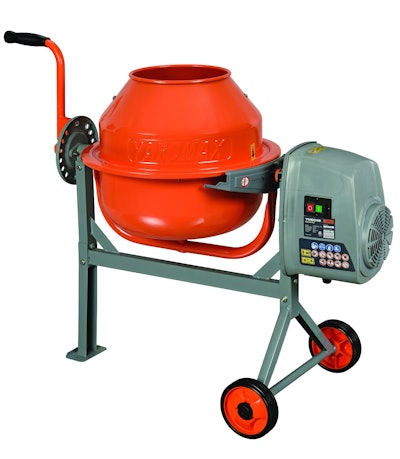 Yardmax Concrete MixersYardmax
Yardmax Concrete MixersYardmax
Vapor Barriers
Vapor barriers are regularly applied to concrete slabs to stop moisture. They are also referred to as "vapor retarders" and help the concrete cure. You can pick up a DMX 1 Step Vapor Barrier for around $75.
Vibrators
Vibrators work to settle and compact concrete during the pour or in finishing. They shake wet concrete to eliminate air pockets. You can choose from internal, form, surface, or table vibrators. Models like the ones from DeWalt or Klutch range in price depending on what type of vibrator you choose to work with. Often, it comes down to either scope of the job or personal preference.
Screeds
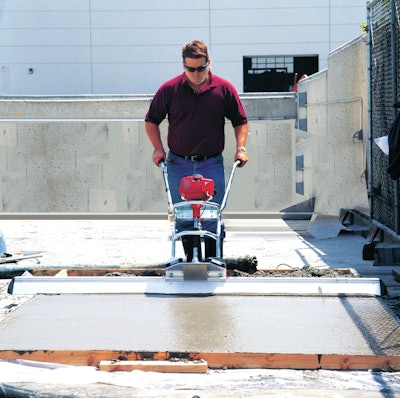 The Dueoscreed by MulitquipMultiquip
The Dueoscreed by MulitquipMultiquip
Floats
Floats, much like screeds, create a smooth finish to your freshly poured concrete. They are relatively inexpensive but essential to have around for any professional. You can pick up a Marshalltown float for approximately $32.
Groovers & Edgers
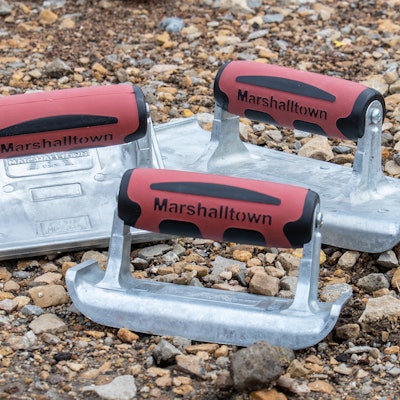 Marshalltown Groovers and EdgersMARSHALLTOWN
Marshalltown Groovers and EdgersMARSHALLTOWN
Plate Compactor
A good concrete pour is nothing without a tightly packed subbase. Plate compactors range wildly in terms of quality and price. A Tomahawk power plate compactor is durable and tough but will run you about $1,507. Home Depot has a 79cc 2 hp gas Stark plate compactor should get the job done and won't break the bank at $579 if you're tackling smaller projects. (Editor's Note: We were not able to find the Stark 79cc 2hp gas plate compactor on 'the Stark USA website.)
Rotary Hammers & Power Drills
These items can be essential for finishing any concrete job, whether attaching items to foundations or chiseling into finished, dried concrete. Like most heavy power tools, these can range in quality and price. What you need will depend on the size of the job. DeWalt sells a highly rated power hammer for around $1,500. You can also find smaller tools for around $500.
Saws
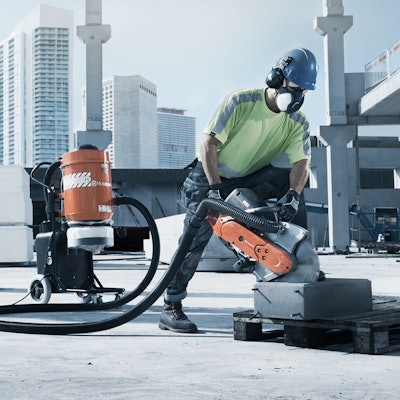 The Husqvarna Handheld Power CutterHusqvarna
The Husqvarna Handheld Power CutterHusqvarna
Additional specialty tools, such as polishers or walk-behind trowels, can add value to anyone's on-the-job toolbox. When seeking to build your collection of concrete working tools, be sure to read reviews. Don't be afraid to ask others in the field what their recommendations may be. With so many options at your fingertips, it helps to take your time and be a discerning consumer before you tackle your next project.
About the author
Matt DiBara is a fourth-generation mason of DiBara Masonry and the creator of The Undercover Contractor.




